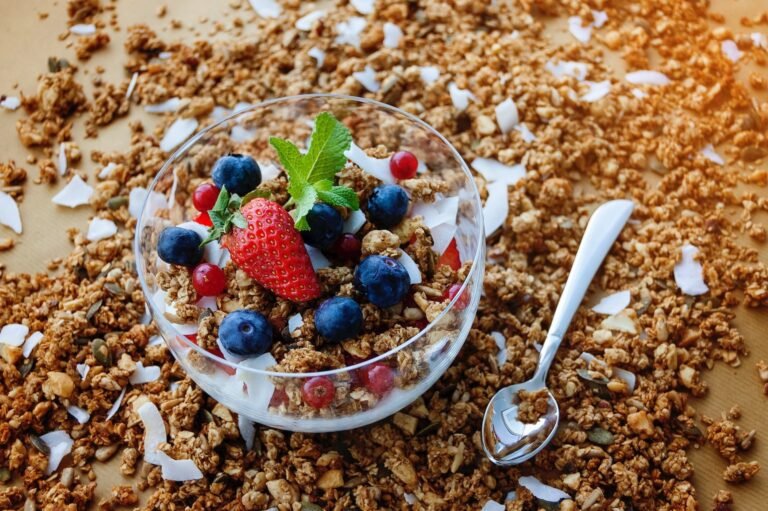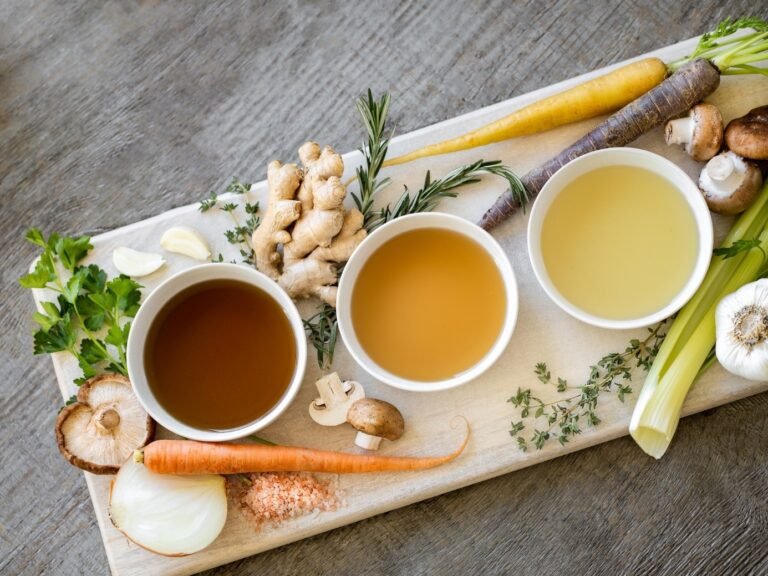12 Great, healthy high carb foods
Carbs are becoming a terrible rap over the years. People often associate them with weight gain, type 2 diabetes, and many other conditions. Yes, it’s true that processed foods high in refined sugars and grains are often lacking in important vitamins and minerals. However, many high-fiber and nutrient-dense foods can actually be very good for you. While low-carb diets may be beneficial for some people, there’s no reason to avoid high-carb foods entirely. Here are 12 high-carb foods that are healthy.


1. Quinoa
Quinoa is a nutritious grain that is extremely popular with health-conscious consumers. It is classified as a pseudocereal, i. H. cereals prepared and consumed as cereals. Cooked Quinoa contains 70 Rbs, making it a high-carb food.However, it is also a terrific deliver of protein and fiber.Rich in many minerals and botanicals, quinoa has been linked to a variety of health benefits, including better blood sugar management and heart health. Plus is gluten-free, making it a popular alternative to wheat for those on a gluten-free diet. Quinoa is also very filling as it is relatively high in fiber and protein. Because of this, it can help promote healthy weight management and gut health.


2. Oats
Oats are an extremely healthy whole grain and a great source of many vitamins, minerals and antioxidants. raw oats contains 70 rubles. One cup (81 grams) contains 54 grams of carbohydrates, including 8 grams of fiber. They’re particularly high in a specific type of fiber called oat beta-glucan. Oats are also a relatively good source of protein, containing more protein than most grains . Research suggests that eating oats may reduce the risk of heart disease by lowering cholesterol levels Eating oats may also lower blood sugar, particularly in people with type 2 diabetes Plus, oatmeal is very filling, which can help you maintain a healthy weight .


3. Buckwheat
Buckwheat, like quinoa, is considered a pseudocereal. Despite its name, buckwheat is not related to wheat and is gluten-free. Raw buckwheat contains 75 grams of carbohydrates, while cooked buckwheat contains approximately 19.9 grams of carbohydrates per 100-gram serving Buckwheat is very nutritious, it contains both protein and fiber. It also contains more minerals and antioxidants than many other grains. Additionally, human and animal studies suggest that it may be particularly beneficial for heart health and blood sugar regulation.


4. Bananas
Bananas are popular fruits that are often used in many different recipes.
A large banana (136 grams) contains about 31 grams of carbohydrates in the form of starches or sugars.
bananas are also high in potassium and vitamins B6 and C, and contain several beneficial plant compounds.
Because of their high potassium content, bananas may help lower blood pressure and improve heart health.
Unripe green bananas have a higher starch content. As the bananas ripen, this turns into natural sugar and yellows in the process. Therefore, if you eat bananas when they are less ripe, you tend to consume more starch and less sugar.
Unripe and unripe bananas also contain decent amounts of resistant starches and pectins, which promote digestive health and provide fuel for beneficial gut bacteria.


5. sweet potatoes
Sweet potatoes are a tasty and nutritious tuber or root vegetable.Half a cup (a hundred grams) of mashed, cooked, unpeeled candy potatoes consists of approximately 20.7 grams of carbohydrates, which are made up of starches, sugars, and fiber.Sweet potatoes also are a wealthy supply of nutrition A, nutrition C, and potassium.
Plus are rich in antioxidants, compounds that help neutralize harmful free radicals within cells and protect you from chronic disease.


6. Turnips
turnips are purple root vegetables sometimes called turnips.
While not generally considered high-carb, they pack a lot for a non-starchy vegetable.Raw and cooked beets comprise approximately 10 grams of carbohydrates according to one hundred grams, typically sugar and fiber.
They are also high in vitamins and minerals, as well as powerful antioxidants and phytochemicals.
Beets are also high in inorganic nitrates, which are converted to nitric oxide in the body. Nitric oxide lowers blood pressure and can reduce the risk of many diseases.
Beetroot Juice is also very high in nitrates and athletes sometimes use it to improve their physical performance.
This is because nitric oxide relaxes blood vessels, allowing oxygen to flow more efficiently during exercise.


7. Oranges
Oranges are a well-known sort of citrus fruit.
They are mostly water and contain about 15.five grams of carbohydrates consistent with a hundred gram serving.Oranges also are an amazing supply of fiber.
oranges are particularly rich in vitamin C, potassium and B vitamins.In addition, they contain citric acid and several powerful botanicals and antioxidants.
Orange consumption may improve heart health and prevent kidney stones. You can also increase the absorption of iron from other foods you eat, which may help protect against iron deficiency anemia.


8. BlueBerries
Blueberries are often referred to as a superfood due to their high antioxidant content.
is mostly water, and so are about 14.15. five grams of carbohydrates consistent with one hundred grams. Berries additionally include excessive quantities of many nutrients and minerals, which include nutrition C, nutrition K, and manganese.
Studies have shown that blueberries are a good source of antioxidant compounds, which can help protect your body against damaging free radicals. Studies suggest that eating blueberries may even improve memory in older adults.


9. Grapefruit
Grapefruit is a citrus fruit with a sweet, sour, and bitter flavor. It contains about 8carbs and is rich in a variety of vitamins, minerals, and antioxidants .
According to some human and animal studies, grapefruit may improve heart health and improve blood sugar control. Additionally, other research suggests that certain compounds in grapefruit may help prevent kidney stones, lower cholesterol, and possibly even slow the growth and spread of cancer cells. However, scientists need to do more research on the effects of grapefruit on humans.


10. Apples
apples are known for their sweet and tart flavor and crunchy texture.Comes in lots of colors, sizes, and flavors, and commonly carries approximately 14 to sixteen grams of carbs in keeping with one hundred grams . apples are also high in vitamins and minerals, but usually in small amounts. However, they are a good source of vitamin C, antioxidants and fiber. apples may also offer several health benefits, including better blood sugar management and heart health. Early research suggests that adding apples to your diet may also be associated with a reduced risk of some cancers.However, extra studies is needed.


11. Beans
The bean belongs to the legume family and is a variety of the common bean. cooked beans contain approximately 21.5 grams of carbohydrates per 100 grams in the form of starch and fiber.This legume is also high in protein.Bean is a superb supply of many vitamins, minerals, and botanicals. They are also high in antioxidant compounds, including anthocyanins and isoflavones. Its many health benefits include improved blood sugar regulation and a reduced risk of colon cancer .


12. Chickpeas
Chickpeas, also known as garbanzo beans, belong to the legume family. cooked chickpeas contain 27.4 grams of carbohydrates per 100-gram serving and almost 8 grams of fiber. They are also a good source of plant-based protein. Chickpeas contain many vitamins and minerals, including iron, phosphorus and B vitamins. Not only have chickpeas been linked to improved heart and digestive health, but some test-tube studies suggest they may even help protect against some cancers.However, more human studies are needed.







